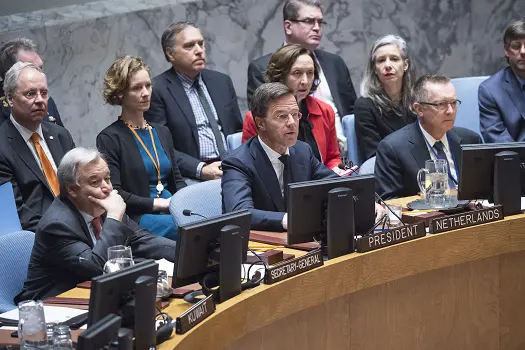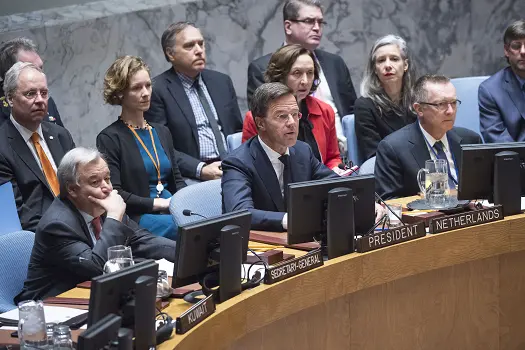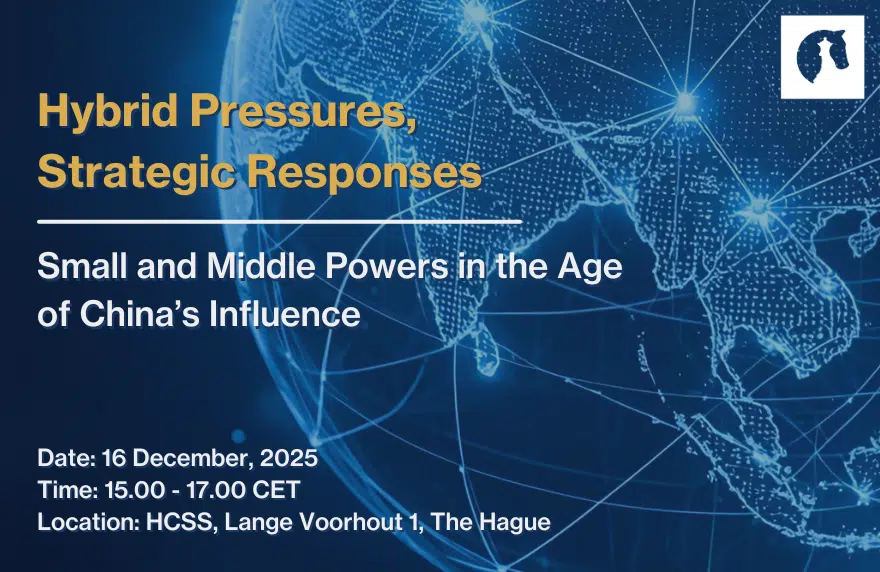Despite all the predictable surface confusion attending the dawning of a new era, the multipolar world we now find ourselves in is largely behaving structurally as realists would predict. With the relative decline of the sole global superpower, there has been a corresponding rise in the importance of regional powers and politics throughout the world.
That is not to say that the United States has ceased being the world’s most important country. But rather like Britain in the late nineteenth century, it is the Chairman of the Board, but one steadily losing market share to the other board members as time marches on. As such, regional powers—from Indonesia to Turkey, from Brazil to South Africa—can increasingly flex their muscles in their own backyards, with American concerns remaining, but as an increasingly faint echo.
Regionalism, and regional power competition, much as realists would expect, is increasingly becoming the key unit of analysis in the new era, a trend that is likely to eventually become apparent to all, even the Washington and European establishment.
Photo credit: jean louis mazieres via Foter.com / CC BY-NC-SA






